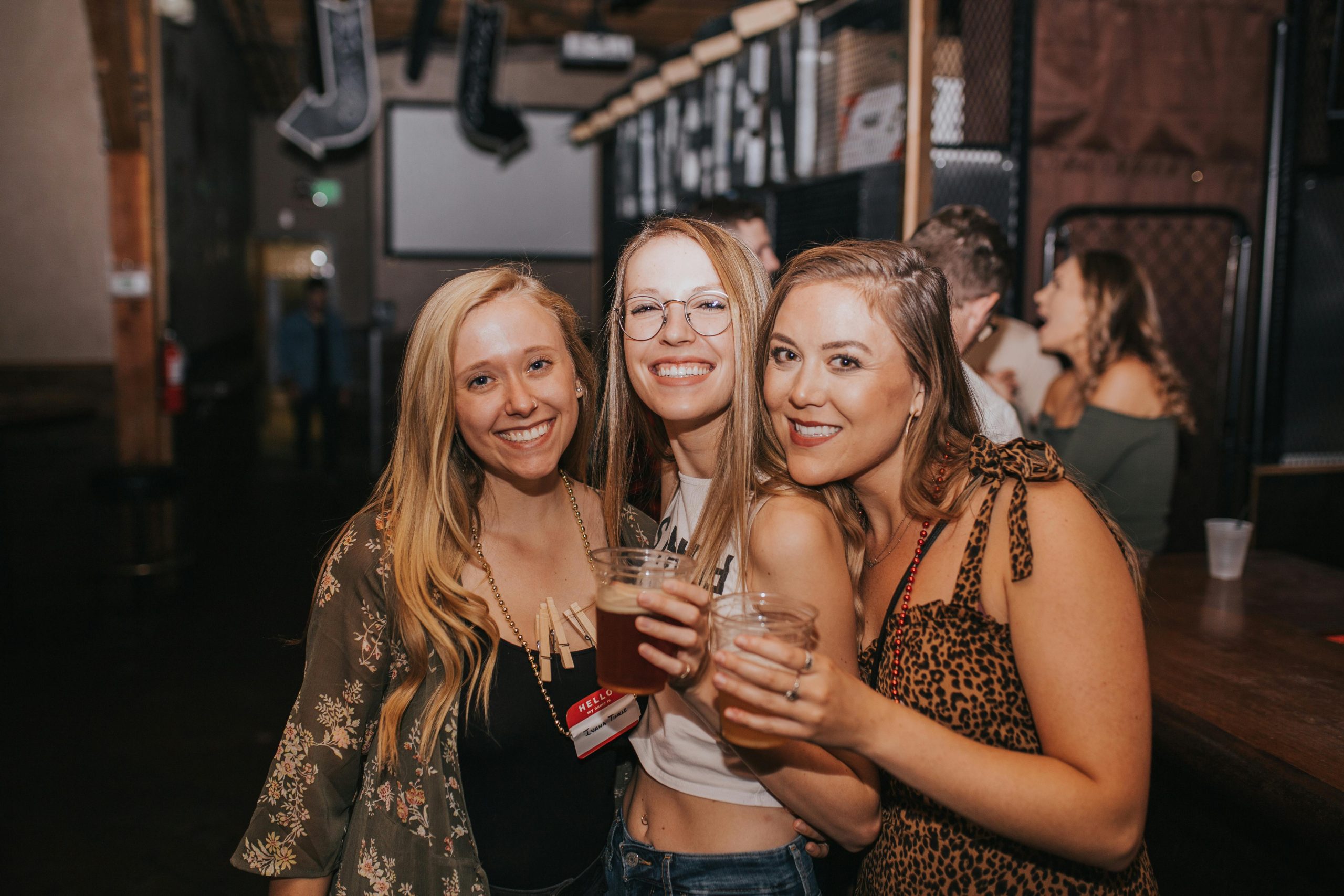Your cart is currently empty!

Steven Coulson
Steven has been drinking beers, wines and spirits for decades and has a propensity to go about them at length after a few drinks.
Latest Posts
- My wife found out our favorite Gin for martinis was discontinued. I think we are good for a while…

- Oregon Road Trip: Freeland Spirits Garden Botanicals Gin

- Botanist with Trader Joe’s Lemon and Elderflower Soda

- I’m one of the worlds leading buyers of craft gin in the world and a international spirit judge AMA

- I’m blown away…. By how let down I am by this Gin.

Categories
Tags
Social Links

The Psychoactive Potential of Hops: A Deep Dive into Craft Beer
As the craft beer movement continues to evolve, many enthusiasts find themselves exploring not just flavor profiles, but also the intriguing effects that certain ingredients can have on our psyche. One ingredient that has caught my attention in particular is hops, and I’m convinced they might have psychoactive properties worth discussing.
Recently, I shared my experiences with India Pale Ales (IPAs), particularly those with high International Bitterness Units (IBUs). While some readers resonated with my thoughts, others suggested that it might be the elevated alcohol content contributing to my unique sensations. This led me to conduct a series of personal experiments to better understand how hops interact with our brains.
I discovered that “cold” IPAs, which have a lower hop content but maintain a comparable alcohol by volume (ABV) to traditional West Coast IPAs, did not elicit the same euphoric feeling I experienced with West Coast styles that featured more pronounced hop flavors. On the other hand, Imperial IPAs—often packing a hefty ABV—didn’t provide the same tasting pleasure either despite their boldness. Instead, I find that a well-crafted West Coast IPA, typically lower in alcohol, hits all the right notes for me.
What fascinates me most is the nature of the sensation that comes with consuming hop-forward beers. Unlike the typical buzz associated with alcohol, this experience feels more cerebral and invigorating—a spark of energy that is both uplifting and euphoric. This leads me to wonder if hops might indeed possess psychoactive properties under specific conditions.
I propose that there could be a few factors at play: perhaps the fermentation process enhances the bioavailability of certain compounds in hops, or maybe the alcohol helps these compounds cross the blood-brain barrier more effectively. It’s important to clarify that my experiences aren’t related to hops sensitivity; I have not encountered any adverse reactions like itching or hives. Instead, what I feel is a profound sense of euphoria.
Moreover, it begs the question: why have hops become such a staple in brewing throughout history? Once they were introduced, the consensus among beer lovers quickly shifted to embrace their presence. Hops weren’t always a key ingredient in brewing, but their consistent inclusion suggests they serve a purpose that transcends mere flavor enhancement—there’s likely a deeper reason for their longstanding prominence in the beer community.
As we continue to explore the complexities of hops and their impact on both flavor and experience,
